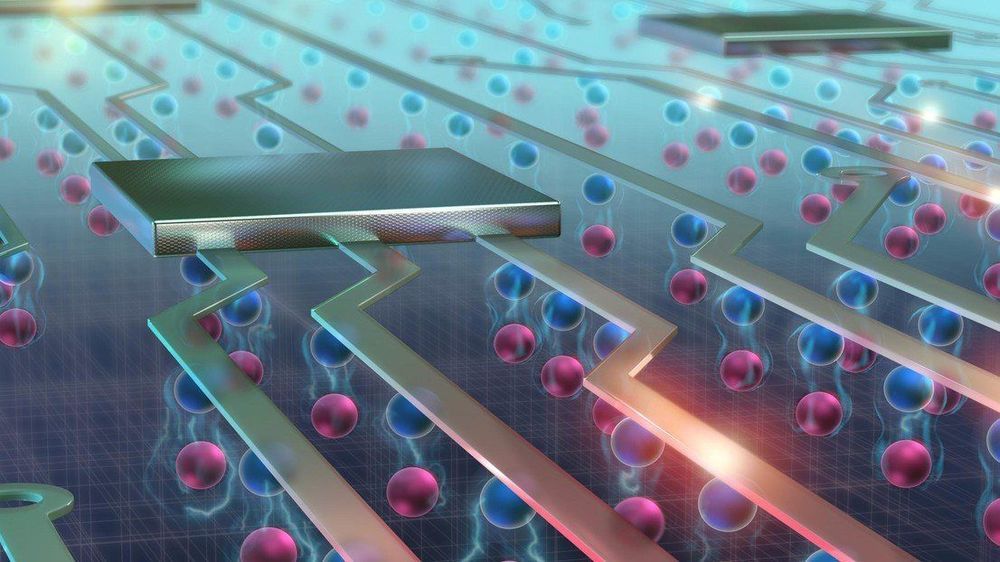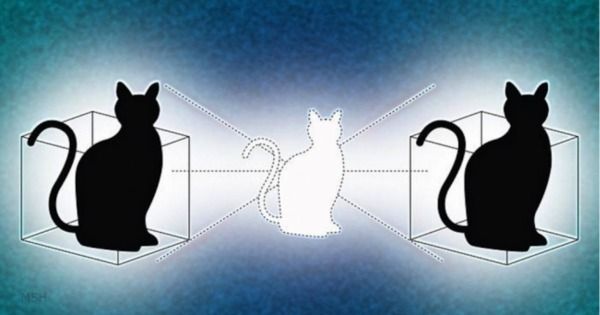After developing a method to control exciton flows at room temperature, EPFL scientists have discovered new properties of these quasiparticles that can lead to more energy-efficient electronic devices.
They were the first to control exciton flows at room temperature. And now, the team of scientists from EPFL’s Laboratory of Nanoscale Electronics and Structures (LANES) has taken their technology one step further. They have found a way to control some of the properties of excitons and change the polarization of the light they generate. This can lead to a new generation of electronic devices with transistors that undergo less energy loss and heat dissipation. The scientists’ discovery forms part of a new field of research called valleytronics and has just been published in Nature Photonics.
Excitons are created when an electron absorbs light and moves into a higher energy level, or “energy band” as they are called in solid quantum physics. This excited electron leaves behind an “electron hole” in its previous energy band. And because the electron has a negative charge and the hole a positive charge, the two are bound together by an electrostatic force called a Coulomb force. It’s this electron-electron hole pair that is referred to as an exciton.







